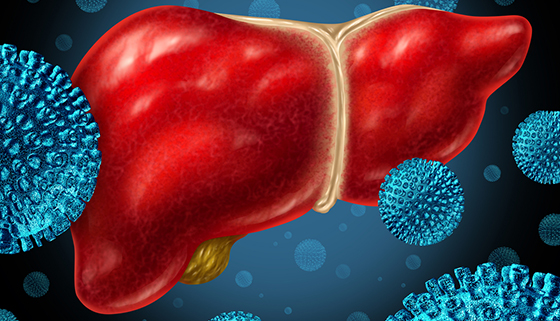Hepatitis is an illness that inflames and damages your liver. It affects the liver’s ability to do its job, which includes making proteins and clearing the blood of unwanted impurities. Hepatitis is usually caused by an infection.

What are the types of Hepatitis?
There are many types of hepatitis which cause symptoms that range from mild to very serious.
Five types of viral hepatitis are:
- Hepatitis A — an illness that can last from a few weeks to 6 months
- Hepatitis B — a serious infection that can lead to liver damage
- Hepatitis C — a disease that is now easily treatable
- Hepatitis D — a disease that only affects people infected with hepatitis B, and is a rarer type of hepatitis in Australia
- Hepatitis E — a short-term illness that can be severe in pregnant women, but is rare in Australia
There are other types of hepatitis that are not infectious, including:
- Autoimmune hepatitis
- Alcoholic hepatitis
Having one type of hepatitis doesn’t stop you from getting other types.
What are the symptoms of hepatitis?
Depending on the type of hepatitis you have, the symptoms may include:
- Jaundice — a yellowing of the skin and eyes
- Fatigue
- Nausea and loss of appetite
- Abdominal pain
- Joint pain
- Fever
- Clay-coloured stools (poo)
- Dark urine
You can also have hepatitis without any symptoms.

What causes hepatitis?
- Hepatitis A infection is spread by direct contact with a person who has the illness, or from consuming food, drink or ice contaminated with the faeces (poo) of an infected person. Hepatitis A infection in Australians is commonly acquired while travelling overseas to countries where the disease is common, so check with your doctor if you need travel vaccinations.
There have been a number of outbreaks of hepatitis A across Australia caused by people eating imported contaminated frozen berries. When this happens, the affected brands of frozen berries are recalled, and the Australian Government Department of Health issues health warnings.
- Hepatitis B spreads through contact with the bodily fluids (such as blood, sweat, saliva or semen) of a person who has it. You can have hepatitis B without knowing it and may be a carrier.
- Hepatitis C is usually transferred by blood, such as between intravenous drug users, or between a mother and her baby.
How is hepatitis diagnosed?
Your doctor will talk to you and examine you for signs of hepatitis. Infection with hepatitis A, B and C can be confirmed with blood tests.
You can talk to your doctor if you think you may be at risk of being infected with hepatitis through contact with bodily fluids or medical treatments. Also discuss prevention if you’re planning to travel to a country where you might consume contaminated food or water.
Source:
Food Standards Australia New Zealand (Recall of frozen mixed berries), Hepatitis NSW (What is hepatitis B?), Hepatitis NSW (What is hepatitis C?), NSW Health (Hepatitis B and C), Hepatitis Australia (Hepatitis E) https://www.healthdirect.gov.au/hepatitis
